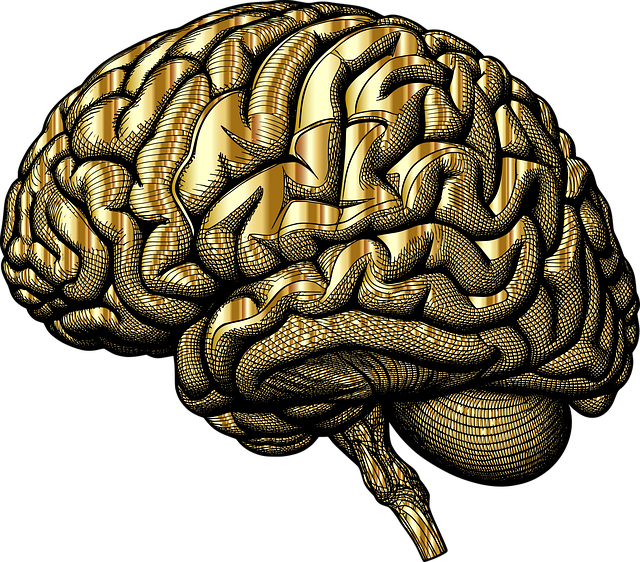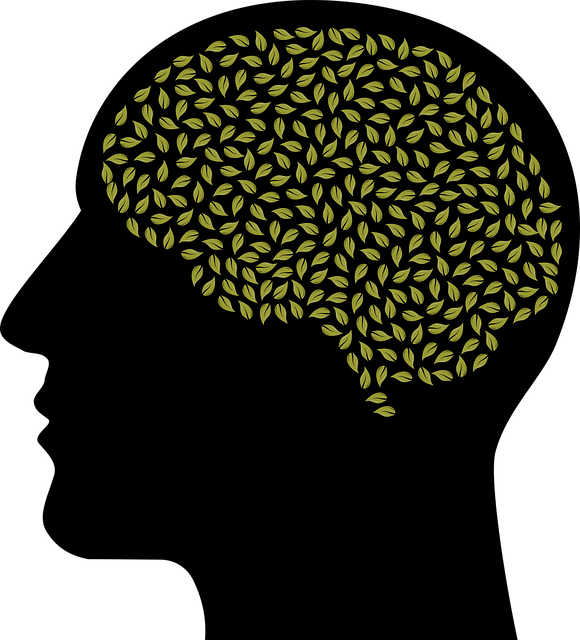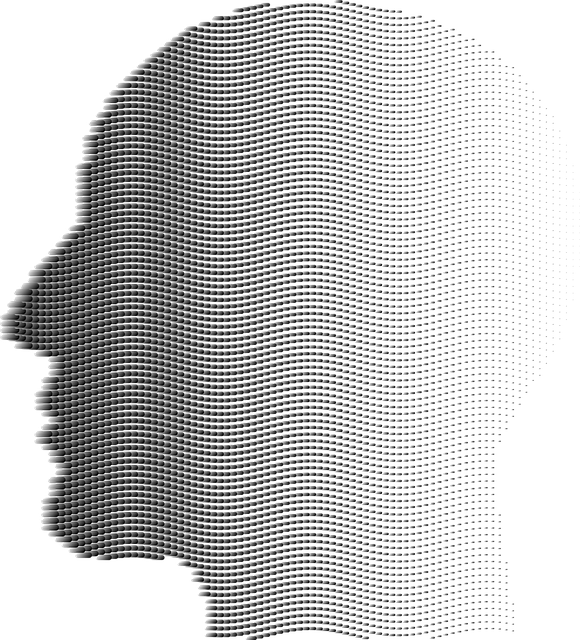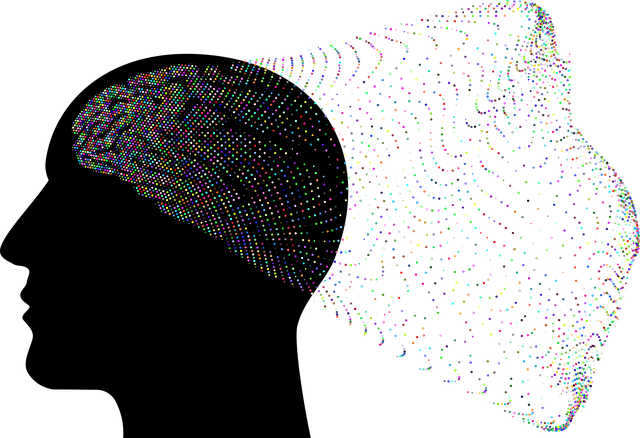In today's fast-paced world, mental wellness is a growing concern for modern women facing unique challenges like stress management and emotional regulation. The demand for accessible support has led to the recognition of Mental Wellness Coaching Programs, especially Centennial Womens Issues Therapy, as valuable resources addressing areas where traditional therapy falls short. Effective coaching offers safe spaces for women to explore feelings, develop coping strategies, and gain holistic insights into mental health management. These programs empower women with tailored support, resilience, and confidence to overcome societal pressures and navigate life's challenges. Integrating evidence-based therapies like Centennial Women's Issues Therapy enhances program effectiveness. Technological advancements have further transformed access to support, particularly for young adults and women dealing with Centennial Women's Issues through online platforms and mobile apps, providing discreet, convenient, location-independent therapy options. At Centennial Women's Issues Therapy, we prioritize measuring the impact of our coaching programs through qualitative and quantitative methods, focusing on burnout prevention and overall mental wellness improvement.
Mental wellness coaching programs have emerged as a vital tool in addressing contemporary women’s issues, particularly in the 21st century. As the demand for accessible therapy increases, understanding the unique needs of women and tailoring support accordingly is crucial. This article explores the development of effective coaching programs, from curriculum design to incorporating evidence-based therapies and leveraging technology. We also delve into evaluation methods to ensure success and measure impact, offering insights relevant to practitioners in the field of Centennial Womens Issues Therapy.
- Understanding the Need for Mental Wellness Coaching Programs
- Designing a Comprehensive Curriculum for Effective Coaching
- Incorporating Evidence-Based Therapies in Coaching Sessions
- The Role of Technology in Delivering and Accessing Mental Health Support
- Measuring Success and Impact: Evaluation Methods for Coaching Programs
Understanding the Need for Mental Wellness Coaching Programs

In today’s fast-paced world, mental wellness has become an increasingly pressing issue for individuals across various demographics, including the modern woman. The demand for accessible and effective support has led to a growing recognition of the value Mental Wellness Coaching Programs offer. These programs cater to the unique challenges faced by women, many of whom struggle with issues like stress management and emotional regulation in a society that often fails to address their specific needs.
The need for such coaching is further emphasized by the gap in healthcare provider cultural competency training. Effective mental wellness coaching bridges this gap by providing a safe space for women to explore their feelings, develop coping strategies, and gain insights into managing their mental health effectively. By focusing on holistic development, these programs empower women to navigate life’s challenges with resilience, ensuring they receive the necessary support tailored to their experiences, especially in areas where traditional therapy might fall short, such as Centennial Womens Issues Therapy.
Designing a Comprehensive Curriculum for Effective Coaching

Designing a comprehensive curriculum for effective coaching programs is a meticulous task, especially when addressing contemporary women’s issues. A well-rounded program should incorporate various therapeutic techniques and strategies tailored to the unique needs of women navigating mental wellness challenges. This may include elements of cognitive-behavioral therapy, mindfulness practices, and crisis intervention guidance to equip participants with practical tools for managing stress, anxiety, or depression. By integrating these techniques, coaches can foster a supportive environment that encourages open dialogue and promotes self-awareness.
The curriculum should also prioritize the de-stigmatization of mental illness through awareness campaigns and interactive workshops. Engaging activities focused on building resilience and boosting confidence can empower women to confront societal pressures and internalized beliefs hindering their mental well-being. In light of these considerations, a meticulously crafted program has the potential to serve as a powerful resource within the broader context of Centennial Women’s Issues Therapy, contributing to meaningful Mental Illness Stigma Reduction Efforts while offering Crisis Intervention Guidance for those in need.
Incorporating Evidence-Based Therapies in Coaching Sessions

Incorporating evidence-based therapies into mental wellness coaching programs is a strategic approach to enhancing their effectiveness. Therapies like Centennial Women’s Issues Therapy, which focuses on addressing unique challenges faced by women, can provide valuable tools for coaches. By integrating practices such as self-awareness exercises and stress management workshops, coaches can facilitate clients’ journeys towards better mental health. These sessions encourage individuals to explore their thoughts, emotions, and behaviors in a safe and supportive environment, fostering personal growth.
Additionally, cultural sensitivity in mental healthcare practice is an integral aspect that coaching programs should embrace. Understanding and respecting diverse cultural backgrounds ensures that every client receives tailored care. This approach not only promotes inclusivity but also enhances the impact of coaching interventions, making them accessible and relevant to a broader range of individuals.
The Role of Technology in Delivering and Accessing Mental Health Support

The integration of technology into mental wellness coaching programs has revolutionized access to support and created new opportunities for those seeking help. Online platforms and mobile apps offer discreet and convenient ways for individuals, especially young adults and women navigating Centennial Women’s Issues, to connect with therapists and receive therapy remotely. This is particularly beneficial for those who may face barriers such as geographical constraints, social anxiety, or time limitations, ensuring they can access professional guidance from the comfort of their homes.
Digital tools also facilitate continuous support through crisis intervention apps, peer-to-peer mentoring, and online communities, fostering a sense of belonging and empowerment. Additionally, these platforms often incorporate interactive features like meditation guides, mood tracking tools, and personalized resources to aid in depression prevention and promote inner strength development. By leveraging technology, mental wellness coaching can now reach a broader audience, offering accessible and tailored interventions for improved overall well-being.
Measuring Success and Impact: Evaluation Methods for Coaching Programs

Measuring success and impact is a crucial aspect of any coaching program, especially when addressing pressing women’s issues like burnout prevention in the modern world. At Centennial Women’s Issues Therapy, we employ a multi-faceted evaluation approach to ensure our mental health education programs design are effective and make a tangible difference. This involves both qualitative and quantitative methods. Qualitatively, we gather feedback from participants through anonymous surveys and one-on-one interviews, allowing us to understand their personal journeys and the value they derive from the coaching sessions.
Quantitatively, we track key performance indicators (KPIs) such as attendance rates, completion percentages, and changes in reported stress levels or mental health outcomes over time. By combining these evaluation methods, we gain a comprehensive view of our program’s success, identifying areas for improvement while celebrating achievements in fostering positive thinking and enhancing overall mental wellness among participants.
Mental wellness coaching programs are emerging as a vital tool in addressing contemporary women’s issues, particularly in the 21st century. By integrating evidence-based therapies and leveraging technology, these programs offer accessible, tailored support for women’s unique mental health needs. As we move forward, continuous evaluation and adaptation of curricula will be essential to ensure their effectiveness, ensuring that resources like Centennial Women’s Issues Therapy remain relevant and impactful in promoting holistic well-being.









